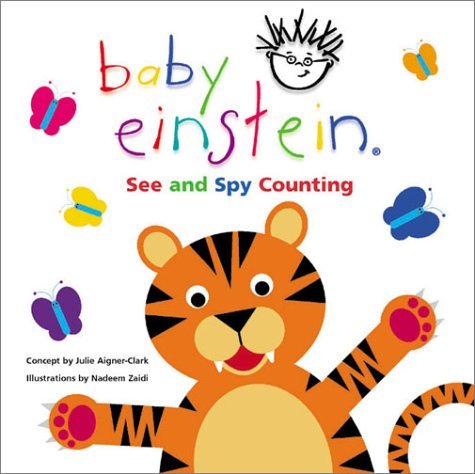(source: https://www.xkcd.com/552/)
Instructor
Unmil Karadkar (@unmil, please do call me by first name)
Office: UTA 5.408
How to contact me:
email: via canvas or to unmil-At-ischool.utexas.edu (please include the text "INF397C" in your subject line)
with prior appointment in-person meeting or, videoconference
skype: unmil.karadkar, Google hangouts: unmilk-aT-gmail.com (please don't send email to this address)
drop by my office without an appointment–I will try to make time for you
Class Meetings
Classroom: UTA 1.208 Course unique id: 28445 Canvas page: https://utexas.instructure.com/courses/1204405 iSchool description: Survey of the goals, methods, processes, and products of systematic inquiry. Designed to prepare students to critically evaluate information studies research. Three lecture hours a week for one semester. |
Prerequisites
Graduate standing in the School of Information. (This is a core course, after all )
Readings
Textbook:
Doing Research in the Real World, 3rd Edition (2013) The book is available from a variety of sources: Publisher's book page ($60) |
Other assigned readings will be available online or made available via Canvas. Some online readings are only available to UT Austin students and you may access these off-campus via UT-VPN or via the libraries' web site.
Introduction
"This toothpaste will whiten your teeth three shades". *Results not typical. The pill may not be taken by those with headaches, severe breathing congestion, two limbs, sugar intake, blood pressure, and vascular capacity. Several other disclaimers go here |
Unprepared information professionals – indeed, unprepared citizens! – are forced to consider the huge inflow of claims they hear every day, and either accept or reject them based on faith. Prepared professionals and citizens can, instead, consider the methods used and analyze the information on which the claims are made, and evaluate for themselves the likely goodness of the claims. This course aims to help you evaluate and understand such claims by helping you to understand quantitative and qualitative research methods, as well as a number of other approaches. Being able to critically examine research for quality and applicability and to discuss it intelligibly is an important competency of an information professional. Understanding the underpinnings of research is part of being a critical consumer of information. You may also find the need to conduct studies in your practice as a professional, whether you are an information architect, an archivist, a librarian, a UX specialist, or any other information professional. In this course, we will integrate the exploration of criteria-based research evaluation with hands-on experience.
The course is designed to help you develop skills and awareness for understanding research. The course will arm you with an appreciation for various ways to conduct research. Assignments will provide you with a chance to demonstrate that you understand the basics of these various approaches to research. We will engage in some lecture, some discussion, and some hands-on in-class exercises. I expect you to come out from this course being able to evaluate whether a piece of research you read about was appropriately designed and well conducted. Note that the fundamental goal of this course is not to empower you to conduct your own research, but rather to well prepare you to be critical consumers of research in your academic and professional careers. But we will practice some research methods too.
Pedagogy and Organization
Class time will be split between short content-based lectures, reading discussions & debates, group activities, and project work. Lectures will highlight content from assigned readings. The goal is to create a learning environment in the classroom where we raise significant questions, discuss concepts, and develop skills collaboratively. This format requires participation of all class members. Students are expected to:
|
Learning outcomes
At the end of this course, you will be able to:
|
My Personal Goals
In addition to the content-specific objectives, I will do my best to:
|







